13 Essential Things You Should Know Before Bringing A Cat Home

Adopting a cat is a rewarding experience that can bring joy and companionship into your life. However, it’s important to be well-prepared and informed before bringing a feline friend into your home.
Cats are unique creatures with their own needs and personalities, and understanding these can help you make the transition smoother for both you and your pet.
1. Cat-Proofing Your Home
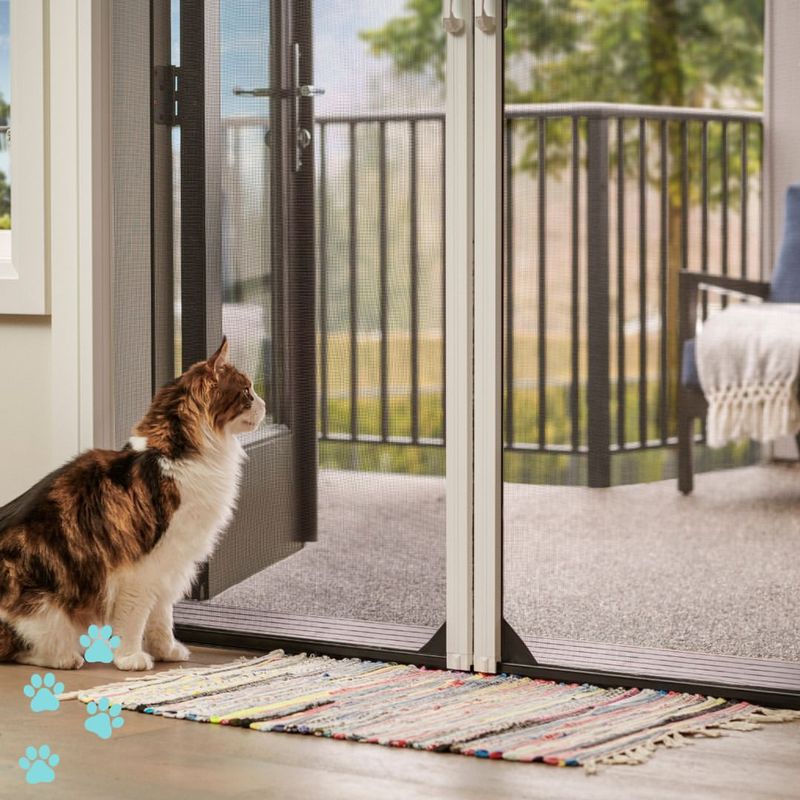
This is an essential step when preparing to bring a cat into your space. Cats are curious creatures, and their natural instincts can lead them into potentially dangerous situations. By securing toxic plants, cleaning supplies, and small objects that could be swallowed, you can prevent accidents.
Additionally, it’s a good idea to block off areas where your cat could get stuck or hurt, such as behind appliances or in small gaps. Ensuring that windows and balconies are secure and that any harmful cords are out of reach can provide peace of mind.
2. Grooming And Care Routine
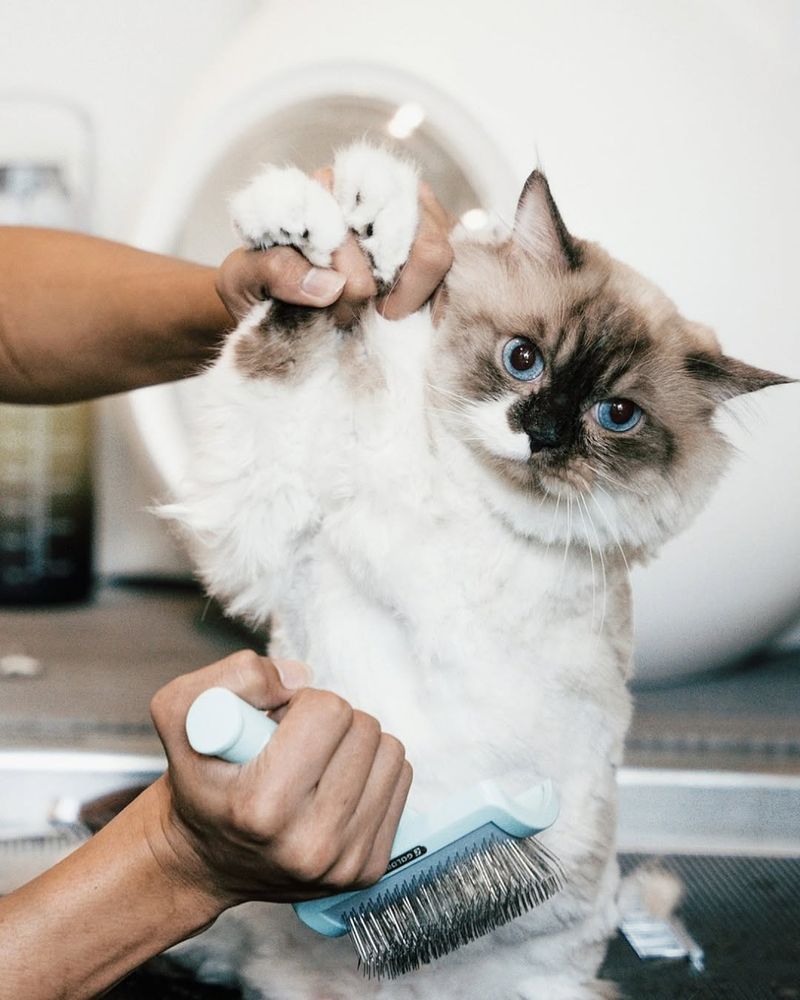
Regular grooming, such as brushing their fur and trimming their nails, helps prevent matting, hairballs, and discomfort. It also provides an opportunity to check for any skin issues, parasites, or injuries that may need attention.
Cats with long fur require more frequent grooming to keep their coats healthy and prevent tangles, while short-haired cats still benefit from occasional brushing to reduce shedding.
3. Preparing Your Home
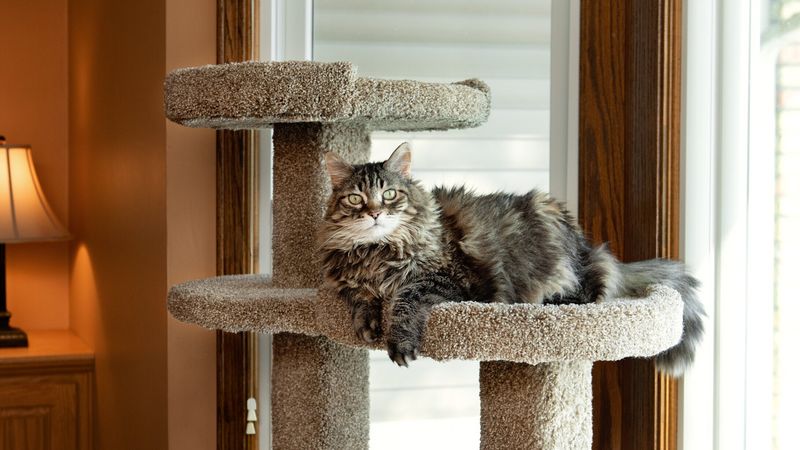
Before welcoming a cat into your home, it’s essential to create a safe and comfortable environment. Begin by designating spaces where your cat can eat, sleep, and play. Investing in a good-quality litter box is crucial, as cleanliness is important for both you and your cat’s health.
Consider setting up a cozy corner with a cat tree or scratching post, providing your new feline friend with a place to exercise and relax. Additionally, ensure that all potential hazards, such as poisonous plants or small objects, are removed or secured.
4. Understanding Cat Personalities

Cats, like humans, have individual personalities that can vary widely. When adopting a cat, it’s crucial to understand that you may be bringing home an independent spirit, a cuddly lap-cat, or an energetic explorer.
Observing a cat’s behavior at the shelter can give you clues about its personality, but remember, their true nature may reveal itself once they feel safe and comfortable in their new environment.
Some cats are naturally outgoing and will seek interaction, while others might prefer solitude and take their time to warm up.
5. Budgeting For Your Cat
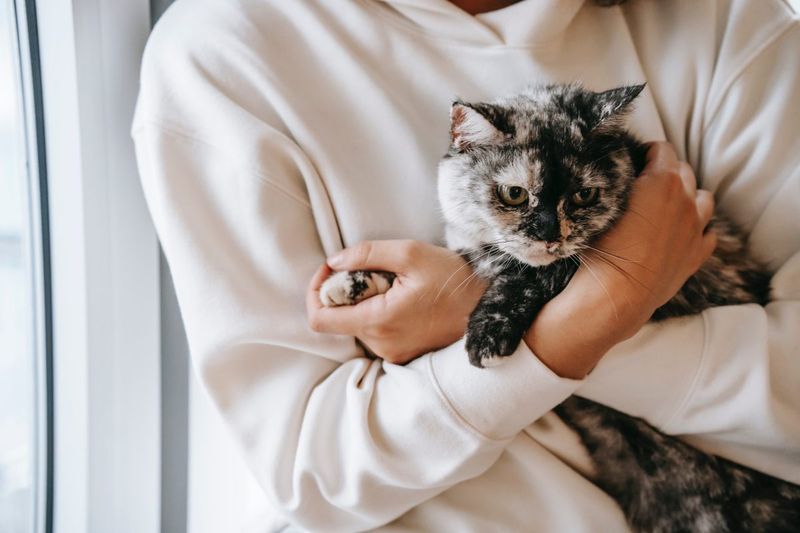
Adopting a cat involves more than just an emotional commitment; it also requires a financial one. Before bringing a cat home, consider the initial and ongoing costs associated with their care. These can include food, litter, toys, and regular veterinary visits.
While it may be tempting to cut corners, investing in quality food and regular health check-ups is crucial for your cat’s well-being. Unexpected medical expenses can arise, so setting aside a small emergency fund is wise.
6. Choosing The Right Cat

Selecting the right cat involves more than deciding based on appearance or breed. Consider your lifestyle and home environment. If you have children or other pets, ensure the cat you choose is likely to adapt well to these conditions.
Take time to interact with various cats, observing their behavior and energy levels. Some might prefer a quiet home, while others thrive in a bustling environment.
7. Understanding The Commitment

Adopting a cat is a long-term commitment, often spanning over a decade. It’s important to understand and accept the responsibilities that come with caring for a cat, including daily feeding, grooming, and playtime.
Cats also require regular veterinary check-ups to stay healthy. Being prepared for the time and effort needed to care for a cat ensures you are ready to provide a loving and stable home.
8. Training And Socialization

Training and socializing a cat is key to developing a well-behaved and confident pet. Start with simple commands and use positive reinforcement techniques, such as treats or praise, to encourage desired behaviors. Training can include litter box habits, scratching post use, and basic commands.
Socialization is equally important. Introducing your cat to different environments, people, and other animals helps reduce anxiety and fosters adaptability. Patience is essential, as each cat learns at its own pace.
9. Health Care Considerations
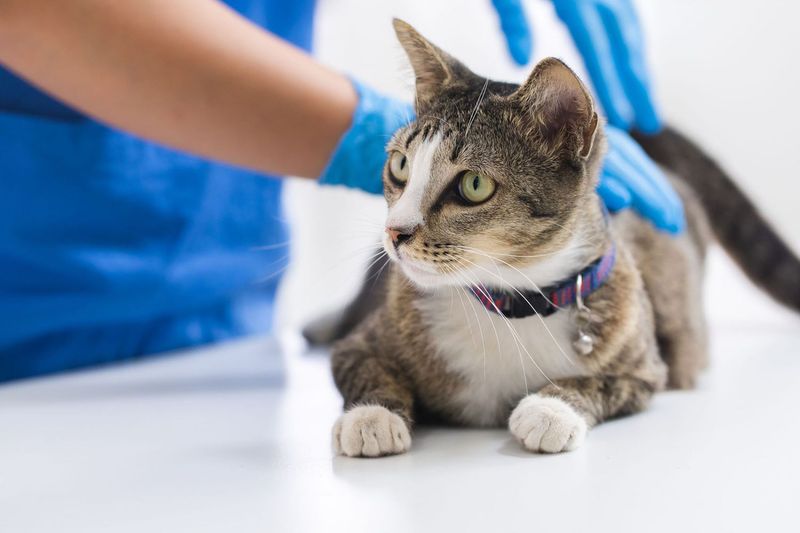
Ensuring your cat receives proper health care is crucial for its well-being. Regular veterinary visits are essential to monitor your cat’s health, update vaccinations, and address any concerns. Preventative care includes flea and tick prevention, dental care, and a balanced diet.
It’s important to be aware of common feline health issues, such as obesity, dental disease, and urinary tract problems, and to take proactive steps to prevent them.
10. Recognizing Behavioral Signals

Understanding and interpreting your cat’s behavior is key to a harmonious relationship. Cats communicate through body language, vocalizations, and actions. Recognizing signals such as purring, hissing, or grooming can provide insights into a cat’s mood and needs.
A cat that purrs is usually content, while hissing may indicate fear or discomfort. Observing your cat’s behavior in different situations helps you respond appropriately, ensuring your cat feels safe and understood.
11. Nutrition And Diet

A balanced diet is fundamental to your cat’s health. Consult with a veterinarian to choose the right food, considering your cat’s age, activity level, and health needs. High-quality foods, free from artificial additives, provide essential nutrients.
Fresh water should always be available, and feeding routines should be consistent to prevent obesity. Treats can be used sparingly for training or bonding moments but should not replace balanced meals.
12. Bonding With Your Cat

Building a strong bond with your cat requires time, patience, and understanding. Spend quality time engaging in activities your cat enjoys, such as play or gentle petting. Respect your cat’s boundaries and allow it to initiate interactions.
Consistency in your daily routine helps your cat feel secure and understand what to expect. Positive interactions foster trust, making your cat more open to affection.
13. Considering Adoption Options
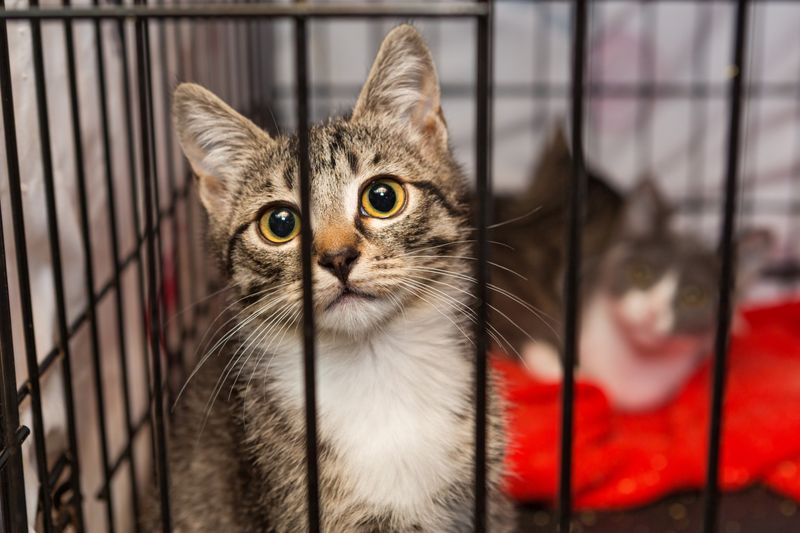
Exploring different adoption options can help you find the perfect feline companion. Animal shelters, rescue groups, and online platforms offer a variety of cats in need of forever homes. Each option provides unique opportunities to find a cat that matches your preferences and lifestyle.
Adoption counselors can assist you in choosing a cat that fits well with your household dynamics. Consider the age, temperament, and background of each cat, as these factors affect how they will adjust to their new home.






